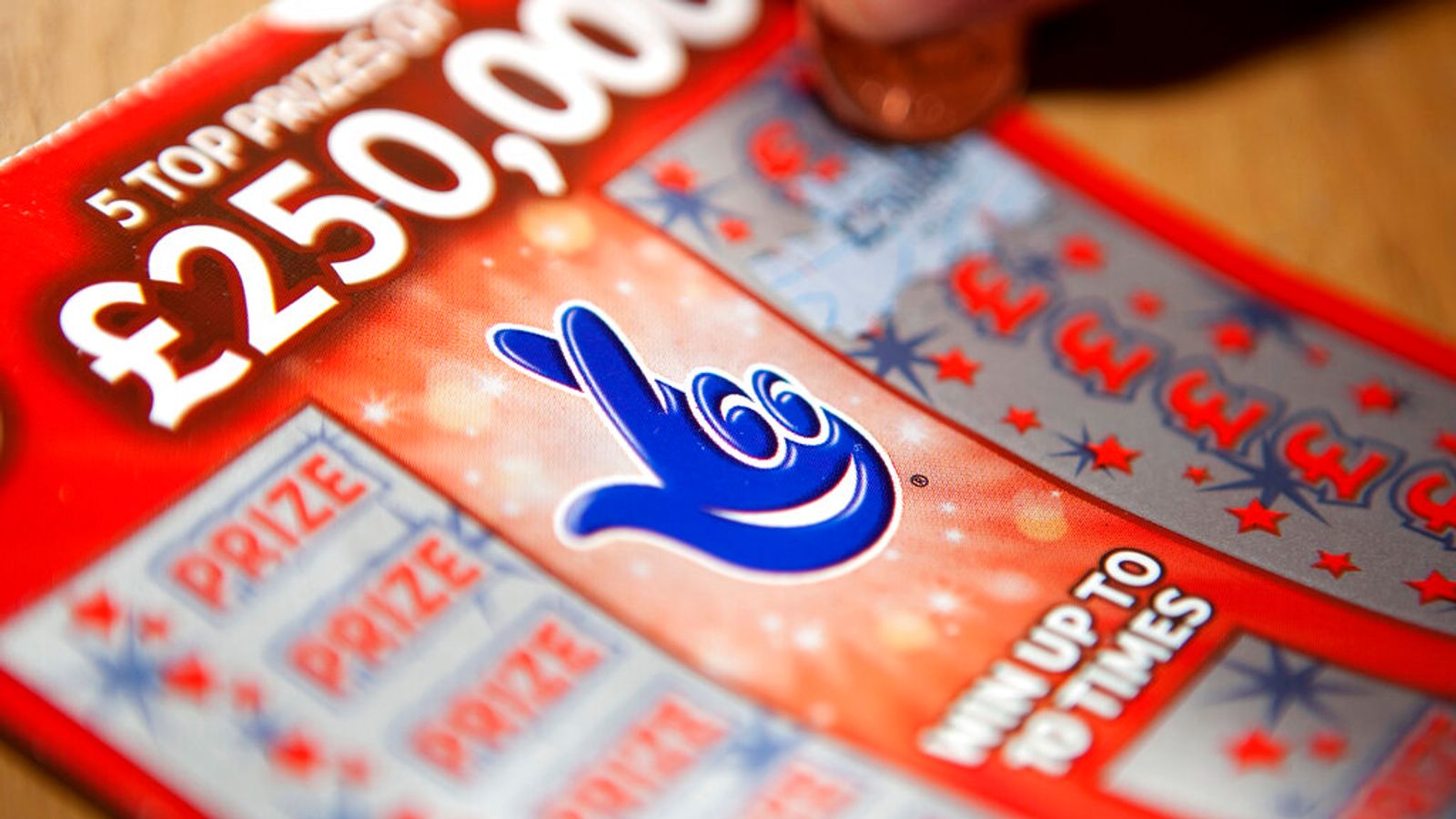A woman is embroiled in a High Court battle over whether National Lottery operator, Camelot, owes her £10 or £1m.
Joan Parker-Grennan sued the company arguing they are “bound” to pay her a six-figure sum, after an Instant Win Game ticket in August 2015 incorrectly stated she had won more than £10.
The judge at the High Court in London was told there had been a “technical issue” which resulted in two numbers with a designated prize of £10 being highlighted on Mrs Parker-Grennan’s screen, as well as two other matching numbers designated to a £1m prize.
This resulted in “different graphical animations” appearing on the screen, causing Mrs Parker-Grennan’s confusion.
Camelot disputes her claim and says it is only liable to pay £10.
Mrs Parker-Grennan said there should be a summary judgement – typically made when no defence has been made, or the claimant believes that the defence has no real prospect of success – as Camelot cannot win at a trial.
Read more:
Man reveals ‘shock’ at record $2bn lottery win
$1.35bn Mega Millions jackpot won by single lottery ticketholder
Powerball lottery jackpot of $754m won
However, Camelot’s legal team are calling for the case to be dismissed.
Barrister Philip Hinks said that the operator was only liable to pay the “outcome of the ticket as predetermined” by the computer system, which at the time was £10.
He said there was a “substantial” factual dispute concerning the predetermined outcome, which cannot be resolved by a judge.
Barrister James Couser, representing Mrs Parker-Grennan, said she is entitled to judgement because the online system did not do what it was programmed, and therefore breaches the terms and conditions, which players agree to before they start the game.








